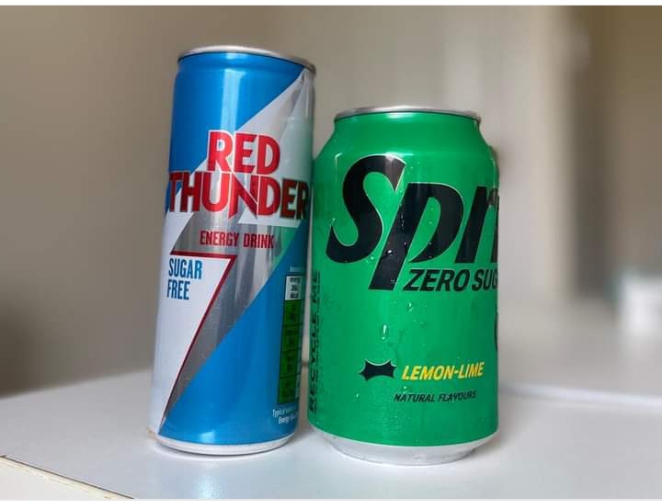Aspartame sweetener may pose cancer risk – WHO
The World Health Organisation (WHO)’s cancer research agency has classified the commonly used artificial sweetener aspartame as “possibly carcinogenic to humans.”
This announcement comes as a result of a joint assessment conducted by WHO’s International Agency for Research on Cancer (IARC) and the Joint Expert Committee on Food Additives (JECFA), which is part of WHO and the Food and Agriculture Organization. It is the first time the UN health agency has publicly addressed this widely used sweetener.
Aspartame has been used in multiple food and beverage products since the 1980s, including diet drinks, chewing gum, ice cream, and other dairy products such as yogurt; breakfast cereals, toothpaste, and medications such as cough drops and chewable vitamins.
According to the new assessments, IARC scientists have identified “limited evidence” that could suggest aspartame’s potential to cause cancer. However, JECFA maintains that there is a safe daily level of consumption.
Francesco Branca, director of the Department of Nutrition and Food Safety at WHO, said, “The assessments have indicated that, while safety is not a major concern at the doses which are commonly used, potential effects have been described that need to be investigated by more and better studies.”
READ ALSO: NAFDAC alerts Nigerians about contaminated sprite drink in circulation
He reminded us that one in six people dies from cancer: “Science is continuously expanding to assess the possible initiating or facilitating factors of cancer, in the hope of reducing these numbers and the human toll.”
Both IARC and JECFA conducted independent but complementary reviews to assess the potential carcinogenic hazard and other health risks associated with aspartame.
JECFA concluded, “It continues to be safe for a person to consume a substantial quantity of aspartame each day.”
An adult weighing around 70 kilograms (150lbs) would need to consume more than 9-14 cans of soft drinks to go beyond the recommended intake, assuming there was no intake from other sources.
“IARC classified aspartame as possibly carcinogenic to humans (Group 2B) based on limited evidence for cancer in humans (specifically, for hepatocellular carcinoma, which is a type of liver cancer),” stated the IARC’s Dr. Mary Schubauer-Berigan.
“The findings of limited evidence of carcinogenicity in humans and animals, and of limited mechanistic evidence on how carcinogenicity may occur, underscore the need for more research to refine our understanding on whether consumption of aspartame poses a carcinogenic hazard,” she added.
The evaluations conducted by IARC and JECFA were based on data collected from a range of sources, including peer-reviewed papers, governmental reports, and studies conducted for regulatory purposes.
In response to the studies, the United States Food and Drug Administration (FDA) stated, “Aspartame is one of the most studied food additives in the human food supply. FDA scientists do not have safety concerns when aspartame is used under the approved conditions.”
The FDA noted that Health Canada and the European Food Safety Authority had both evaluated the sweetener and considered it safe at currently permitted levels.
IARC and WHO stated that they would “continue to monitor new evidence and encourage independent research groups to develop further studies on the potential association between aspartame exposure and consumer health effects.”
Follow the Neptune Prime channel on WhatsApp:
Do you have breaking news, interview request, opinion, suggestion, or want your event covered? Email us at neptuneprime2233@gmail.com





